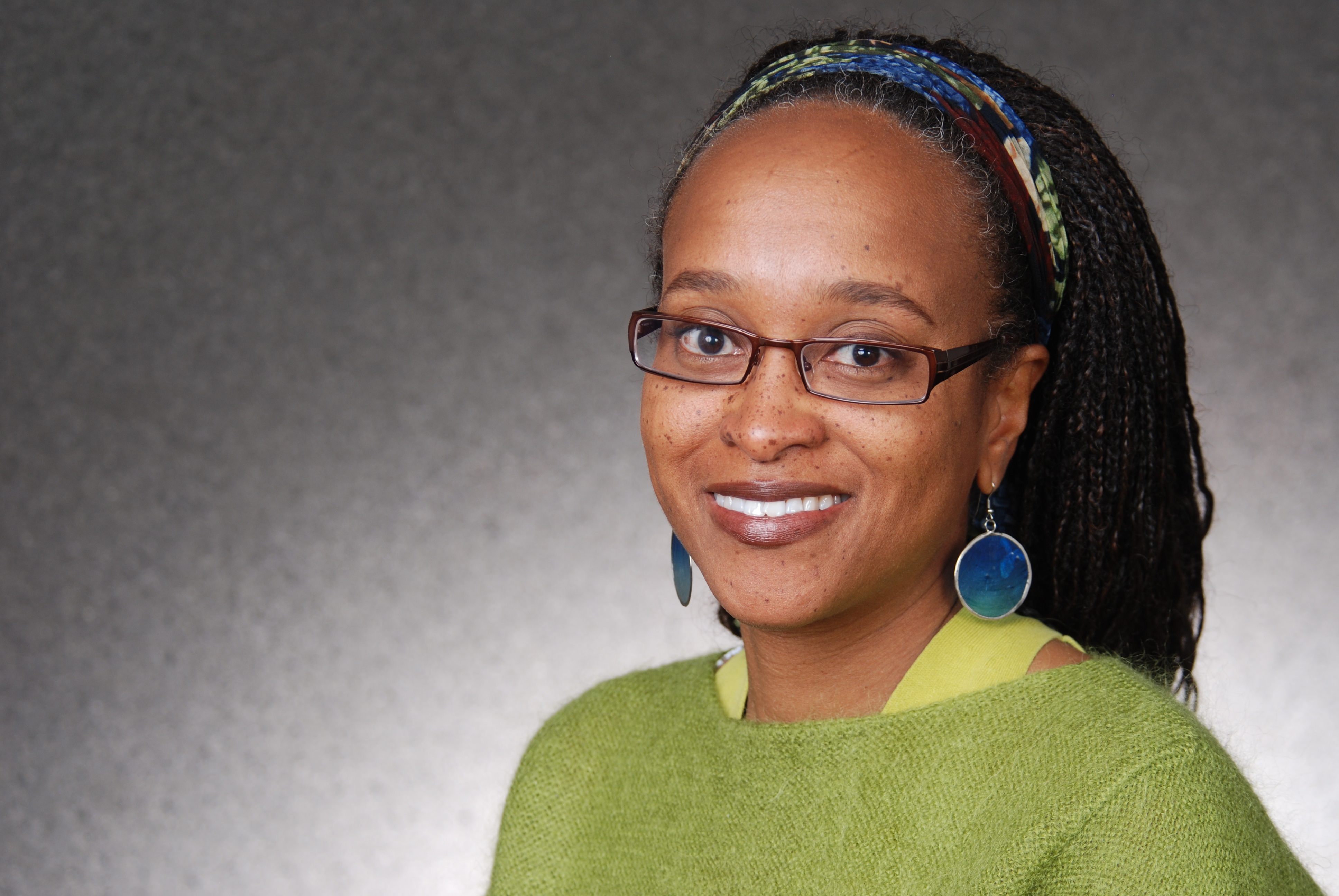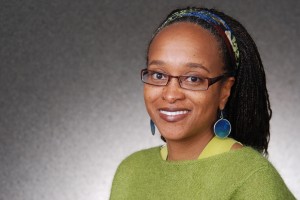On Poetry and Mothering: Thoughts on African American Women’s Mysticism – Rachel Harding
The poet Lucille Clifton was a homegrown, African American mystic whose understanding of God was often best translated as “Light” or “the Universe.” Clifton, who died in 2011, wrote movingly and evocatively about Biblical figures – especially those Old Testament heroes whose stories are so deeply entrenched in the libratory meanings of Black religion and the Spirituals tradition, like Daniel, David and Moses. But her approach to these iconic figures was always a little wry, a bit side-glancing, with an emphasis on their human complexities. Also, and especially, Clifton wrote about the women of the Scriptures, offering a richness and nuance to their stories that belied the sometimes simplistic interpretations given to their complicated lives. Mary, the mother of Jesus, for example, is portrayed in Clifton’s poems as a woman who finds her “chosenness” to be not without struggles, discomforts and profound ironies.
She is, in one poem, almost to be pitied as much as honored for what she has endured, shook by / the awe full affection of the saints.
In her writing, in subtle and not-so-subtle ways, Clifton often challenged the ultimate power of a deity exclusively identified as masculine. Take, for example a poem like “what the grass knew.” Here, the narrative of the poem and its denouement represent a subtle, ancient, profoundly empathetic feminine energy in creation, in the holy. In the poem, “the grass” knows even beyond God’s pronouncements and the heavy, single-minded, masculine pacing of His feet. In Clifton’s poetic vision, there is a female essence about the world that knows further than God’s thoughts.
The ease with which Clifton, who grew up deeply familiar with the cultural and ritual life of the black church, expands the meaning of divinity to include and embrace femaleness, is one of the defining qualities of her writing. For Clifton, the wisdom, compassion and deepest source of divine grace, is in the femaleness. In the women. There is something they know about what another Black mystic, Howard Thurman, might call “lifeing,” that very logically connects the energy of creation and sustenance in the world with the energy of mothering. In a poem describing the legacy she inherited of maternal fortitude as well as vulnerability, the poet writes of her mother, standing on the far side of a river, pulling her heart from her pocket and throwing it across the water so that her waiting daughter can catch it. “Mothering has made it strong,” the dying woman whispers in her daughter’s ear, through the leaves.
My mother too was a mystic. One of many, I suspect, who have grown up from the generations of African American women whose philosophical and practical approaches to an uneasy world availed them of ancient resources of dreams, visions, and the alchemy of kitchen counsel where, in the black and steel of pots and prayer, a particular wisdom took shape and fed all who sat at the table. These were women who were not naïve about the ways that life could hurt you, about the scars the world could give you, but they knew something about the vibrational power of light and love, about the intertwine of forgiveness and self-respect, about the ways all of us are constantly learning and changing and growing as long as we have breath in our bodies. In other words, they knew a lot about mothering and they knew a few things about God.
My Mama, Rosemarie Freeney Harding, had her own mother, grandmother and great grandmother as models for such a women’s blessing-way in the world. Although her grandmother and great grandmother were dead and gone when Rosemarie was a baby, she heard stories of them her whole life. And she passed those stories on to me. As Mama got older, she thought often about what it was in the experiences and perspectives of the women who had survived the holocaust of slavery and the depredations of segregation that allowed them to live without great deformation in their spirits. Mama talked to me about what she thought of this accomplishment, and she attributed the greatest resource to love. A wide kind of love, agapic, inclusive, healing – a love that knew how essential it was to make room for the stranger, for the outcast. Perhaps it was easier for those Black women to act and live in this way because they were themselves often considered strangers, often excluded. Knowing what it feels like. Clifton’s mystic experience of the world extended this empathetic understanding beyond even other human beings. Of trees denuded and felled in the name of land development, she wrote, “being property once myself/ i have a feeling for it…”
Beyond Lucille Clifton and the women in my family, I have seen this feminine way of being in the world in other places as well. In my own experience, one of the principal sites of such an inclusive, spirit-filled, female-guided approach to life is in the Afro-Brazilian ritual tradition of Candomblé. In the region of Salvador, Bahia, where the religion was founded and still serves hundreds of thousands of practitioners, community-members and clients, its oldest temples are guided by a female priesthood from a philosophical base that emphasizes the profound connectedness among all living beings (human, vegetal, animal, mineral and aural). As an African American Christian, I found meaningful similarities between the rituals and cosmological assumptions of Candomblé and the rites and theology of the southern rural Black religion I inherited from my mother and grandmothers. At the heart of both traditions is a tremendous celebratory piety – a great, almost familial, devotion to the holiest of holies, to the community of worshippers who are inextricably bound to each other in their rites and in their shared history, and to the natural and ancestral forces who have accompanied their human children through both the “weary years” and the glories. Also, always, there are the women and their mercies. There is welcome. There is family. There is light.
Rachel Elizabeth Harding is assistant professor of Indigenous Spiritual Traditions in the Ethnic Studies Department at the University of Colorado Denver. She is a poet and historian specializing in religions of the Afro-Atlantic diaspora and is author of A Refuge in Thunder: Candomble and Alternative Spaces of Blackness (Indiana University Press, 2000).


